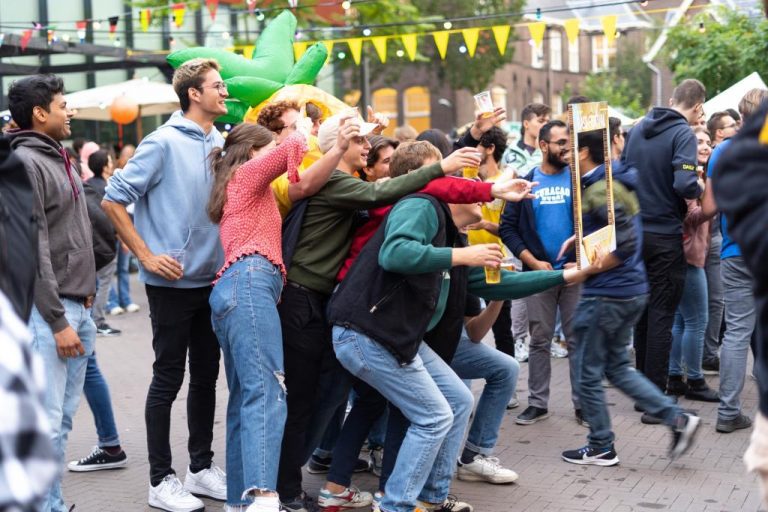‘Help international students’
Because of strict rules, the corona crisis and loneliness, international students are getting into a tight spot, student organisations LSVb and ISO warn. They point to the rule that European students have to work at least 56 hours per month to be eligible for study financing: almost two days a week. “For many students, this is unfeasible next to a full-time study,” says Ama Boahene of the National Union of Students (LSVb). “They can’t borrow money and they don’t earn enough to support themselves.”
ISO and LSVb make an appeal to politicians, just before the Lower House debates internationalisation. Lower the requirement to 32 hours per month, they ask, in other words one day a week. The two interest groups also point out the loneliness among international students. In the corona crisis, students have a hard time anyway, and this is even more true for international students. The government should do more to keep an eye on this group of students, ISO and LSVb think. “The problems remain under the radar now.” (HOP, BB)

Base Festival 2021 in Delft. (Photo: Daniël Korvemaker)
Do you have a question or comment about this article?
s.m.bonger@tudelft.nl

Comments are closed.